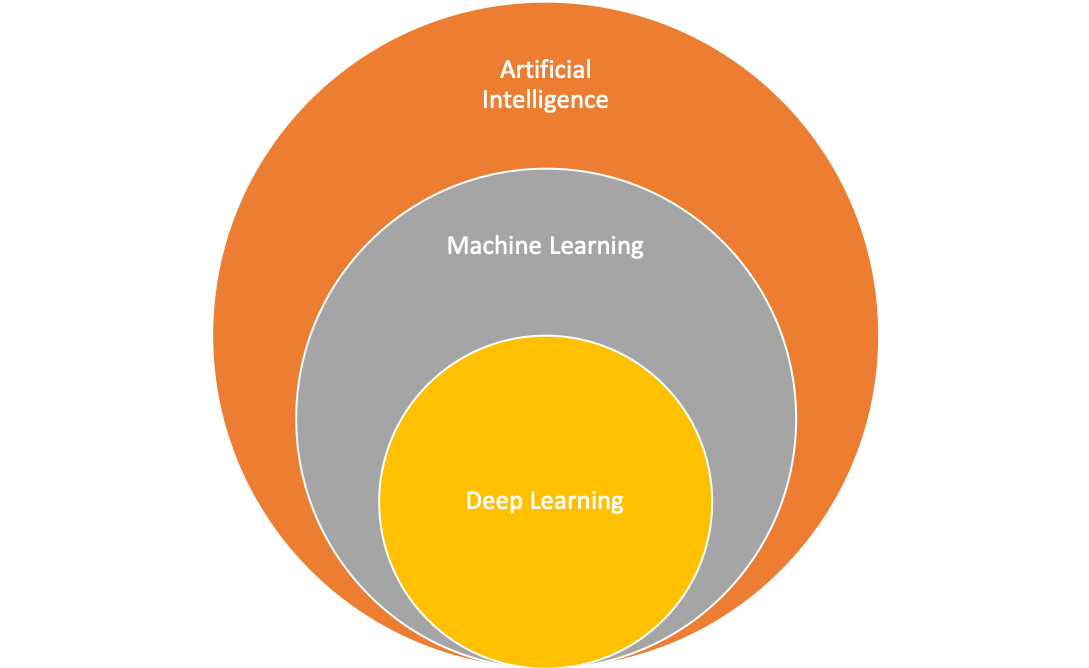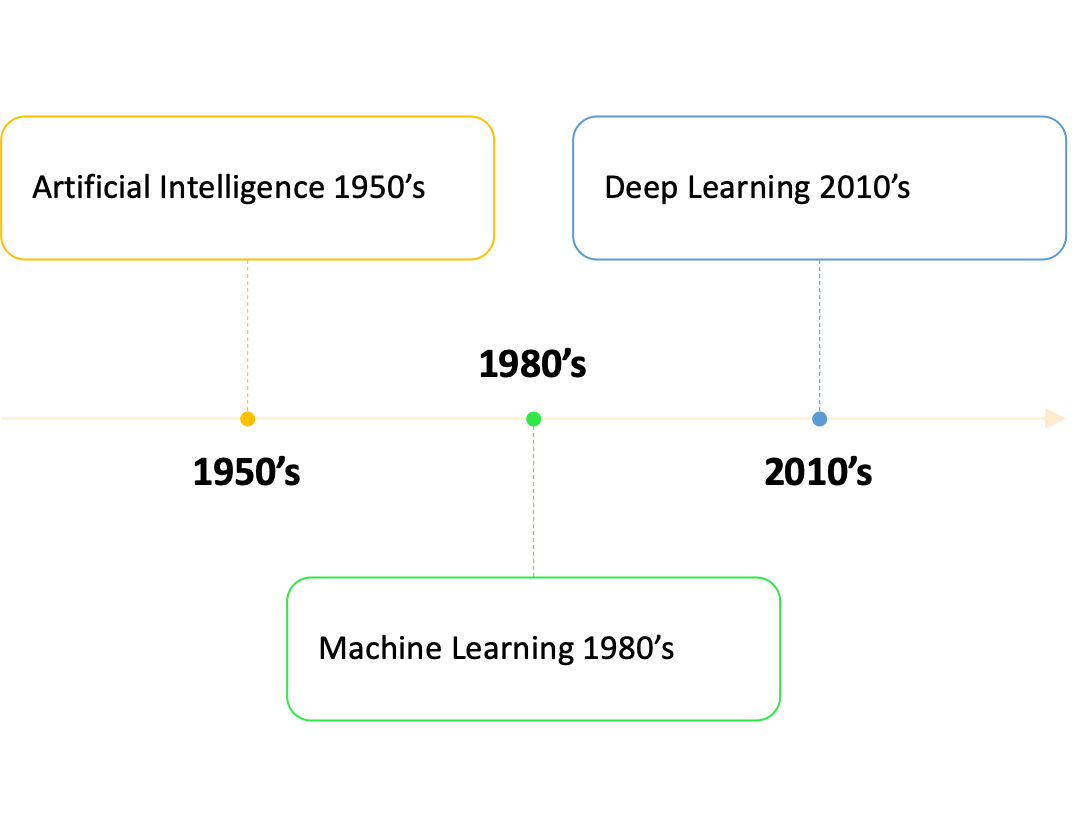2.1 What is intelligence?
To discuss the question of what is artificial intelligence, the first step is to define what intelligence is.
A group of 52 psychology researchers published in (Gottfredson 1997) the following definition:
A very general mental capability that, among other things, involves the ability to reason, plan, solve problems, think abstractly, comprehend complex ideas, learn quickly and learn from experience. It is not merely book learning, a narrow academic skill, or test-taking smarts. Rather, it reflects a broader and deeper capability for comprehending our surroundings—“catching on,” “making sense” of things, or “figuring out” what to do.
Alfred Binet, a french psychologist who invented first practical IQ test defined in 1905 (Binet and Simon 1916):
Judgment, otherwise called “good sense”, “practical sense”, “initiative”, the faculty of adapting one’s self to circumstances
And Albert Einstein said:
The measure of intelligence is the ability to change.
Tegmark’s summarizes the situation in (Tegmark 2017)
There’s no agreement on what intelligence is even among intelligent intelligence researchers! So there’s clearly no undisputed “correct” definition of intelligence.
2.1.1 Definition of artificial intelligence sub domains
Even though there is no undisputed definition of intelligence there is a undisputed definition of how machine learning is related to artificial intelligence
Agreement: Machine learning is a sub domain of artificial intelligence (AI)

The history of those fields goes back to the 1950’s
